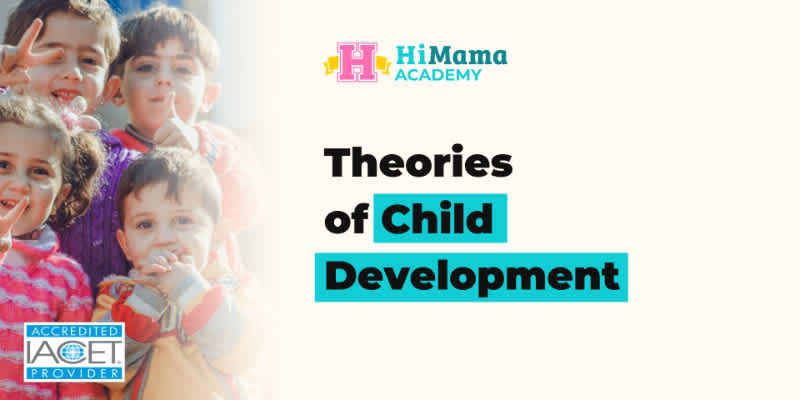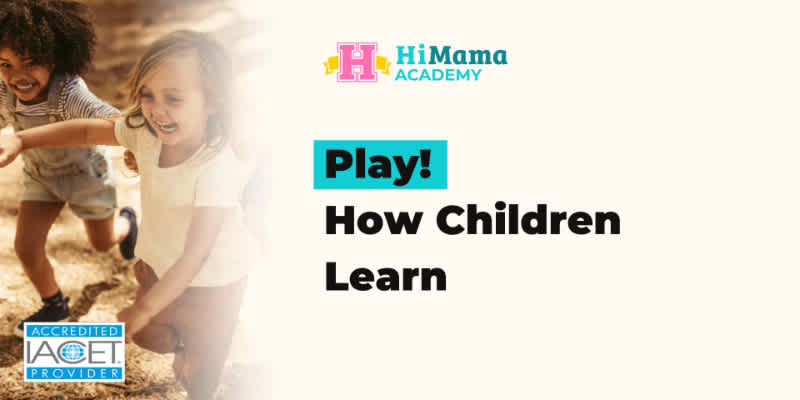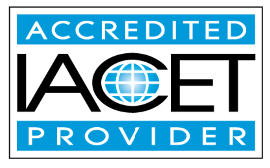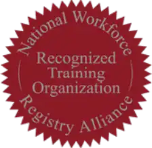Approved
District of Columbia & Lillio Academy
Can I use Lillio Academy for PD hours in the District of Columbia?
Yes! Lillio Academy is approved through the District of Columbia Trainer Approval Program (TAP) of the Office of the State Superintendent of Education (OSSE), Division of Early Learning (DEL), and approved by the DC Professional Development Information System (DCPDIS).
Please Note: All Webinars and Lillio Basic Courses must NOT be submitted to your registry. They do not meet specific learning requirements for the state and will not be accepted if submitted
Sign up for Lillio Academy to complete your professional development hours at your convenience! You can work at your own pace from wherever you want. Once you complete a course, you can download your certificate!
District of Columbia Child Care Training Requirements:
In accordance with 5A DCMR §§ 139, child care providers are required to complete between 12-21 hours of professional development annually matching their role and place of work.
Role | Facility | Required Training |
|---|---|---|
Caregiver | Child care center | 21 hours annually |
Director | Child care center | 12 hours annually |
Caregiver | Home-based center | 12 hours annually |
Caregiver | Extended home-based center | 15 hours annually |
Annual training that maintains and updates the health and safety standards shall include:
Child abuse and neglect, prevention, detection and reporting
Emergency preparation and response planning for emergencies resulting from a natural disaster or a human-caused event
Prevention of sudden infant death syndrome and use of safe sleep practices
Prevention of shaken baby syndrome and abusive head trauma
First aid and CPR
Prevention and control of infectious diseases, including immunization
Administration of medication consistent with standards for parental or guardian consent
Prevention of and response to emergencies due to food and allergic reactions
Building and physical premises safety, including identification of and protection from hazards that can cause bodily injury, such as electrical hazards, bodies of water, and vehicular traffic
Handling and storage of hazardous materials and the appropriate disposal of bio-contaminants
Identifying, approaching and referring students showing signs of psychological distress to appropriate support services
Annual professional development, beyond the health and safety standards, may include:
Developmentally appropriate programming for infants, toddlers, preschool, and/or school-age children
Developmentally appropriate methods of positive behavior intervention and support
Inclusion of children with special needs
Communication and collaboration with parents, guardians, and families
Community health and social services resources for children and families
Planning developmentally appropriate programs and activities for children and families
Enhancing self-regulation and self-esteem in children
Montessori curriculum, pedagogy, classroom management and other topics specific to the Montessori program, if applicable
Basic or advanced business practices
Any other area as determined by OSSE.
Center directors are required to participate in the following training topics:
Program management
Business operations
Evaluations
Click here to learn more about the courses Lillio Academy offers that cover required training topics!
Opening a facility or beginning work in the childcare field:
If you are interested in opening a child care program or working in the child care field, please contact your state licensing agency for the specific requirements, rules and regulations of your state. The District of Columbia licensing website can be found here.
Last Updated: January 2025
Though Lillio attempts to maintain accurate and up-to-date information, educators are individually responsible for understanding the submission and approval process of all professional development and licensing work in their state.



